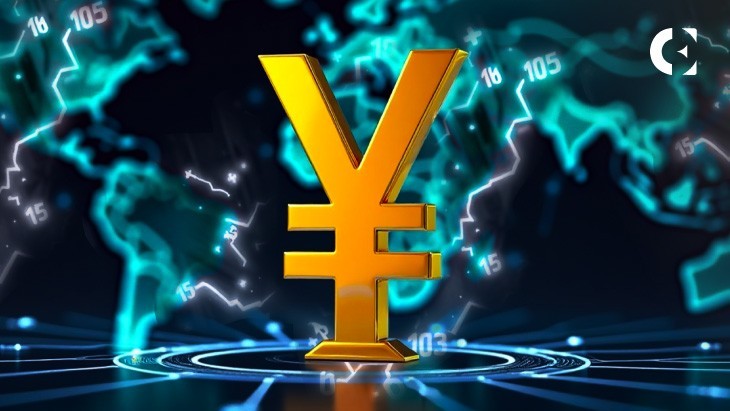China’s Cross-Border Interbank Fee System (CIPS 2.0), powered by the digital yuan, reportedly went dwell throughout 16 international locations in Asia and the Center East. Monetary analyst Eric Yeung shared particulars of what he describes because the opening salvo in a “cold foreign money struggle” that might basically problem greenback hegemony.
Based on Yeung, the system’s inaugural transaction, a 120 million yuan ($16.5 million) fee for auto elements, cleared from Shenzhen to Kuala Lumpur in simply 7.2 seconds. This almost instantaneous settlement stands in stark distinction to SWIFT’s conventional three-day processing cycle.
**The Remaining Showdown Between China and the U.S.: The Battlefield Shifts from Army Hegemony to World Foreign money Warfare**
Because the clock struck 3 a.m. on Wall Avenue, Switzerland’s banking clearing system abruptly flashed a purple alert—China’s Cross-Border Interbank Fee… pic.twitter.com/aMduAYrd0w
— Eric Yeung 👍🚀🌕 (@KingKong9888) April 20, 2025
Digital yuan use is purported to deal with three underlying points with the present dollar-denominated fee system. First, it reduces prices. Yeung illustrates with a $100,000 cross-border fee between nations utilizing SWIFT, the place the associated fee was $4,950 (4.95%) and took three days to course of. The identical fee utilizing CIPS 2.0 was reported to price $0.12 and was processed instantaneously.
That might symbolize a 90% discount in the price of cross-border commerce funds. Second, the system is alleged to supply know-how advantages apart from velocity. As acknowledged by Yeung, Singapore-based DBS Financial institution has examined out the digital yuan‘s “twin offline fee” capacity, which may execute transactions even with out web entry.
Associated: Trump Prioritizes Resolving China Commerce Spat Earlier than Finalizing TikTok Deal
Additional, using sensible contract know-how is alleged to allow computerized fee when items attain the port. Third, Yeung writes a couple of case from the UAE Central Financial institution through which the system’s data tracked a cash laundering try via 16 accounts. AI controls prevented the suspicious transaction in 0.3 seconds.
That is completely different from the same old SWIFT course of, which is alleged to require guide screening for 85% of cash laundering makes an attempt throughout borders. Its ramifications is perhaps extremely significant. Yeung clarifies that ASEAN members have ready blueprints to make use of digital yuan for 90% of commerce between them by 2025, and Indonesia has put this foreign money on its record of international alternate reserves. Most notably, Saudi Aramco is reportedly quoting 65% of a crude oil contract with Sinopec in digital yuan.
Western monetary facilities seem like scrambling to catch up. Based on Yeung, the Metropolis of London has launched a “digital pound accelerator,” although Financial institution of England officers allegedly admitted being “a minimum of 2.3 years behind China.” This technological hole might show tough to shut, notably as China controls important parts of the worldwide uncommon earth refining (78%) and neodymium magnet manufacturing (85%).
Associated: Individuals’s Financial institution of China Urges Widening the Use of Digital Yuan
Yeung concludes by framing this improvement not merely as a foreign money competitors however as a change in financial civilization. Citing Nobel economist Stiglitz, he suggests the digital yuan isn’t merely changing the greenback however “redefining the scale of financial civilization” by remodeling cross-border funds from “unique couriers for elites” to “instantaneous messaging for all.”
Disclaimer: The data introduced on this article is for informational and academic functions solely. The article doesn’t represent monetary recommendation or recommendation of any sort. Coin Version shouldn’t be answerable for any losses incurred on account of the utilization of content material, merchandise, or providers talked about. Readers are suggested to train warning earlier than taking any motion associated to the corporate.


